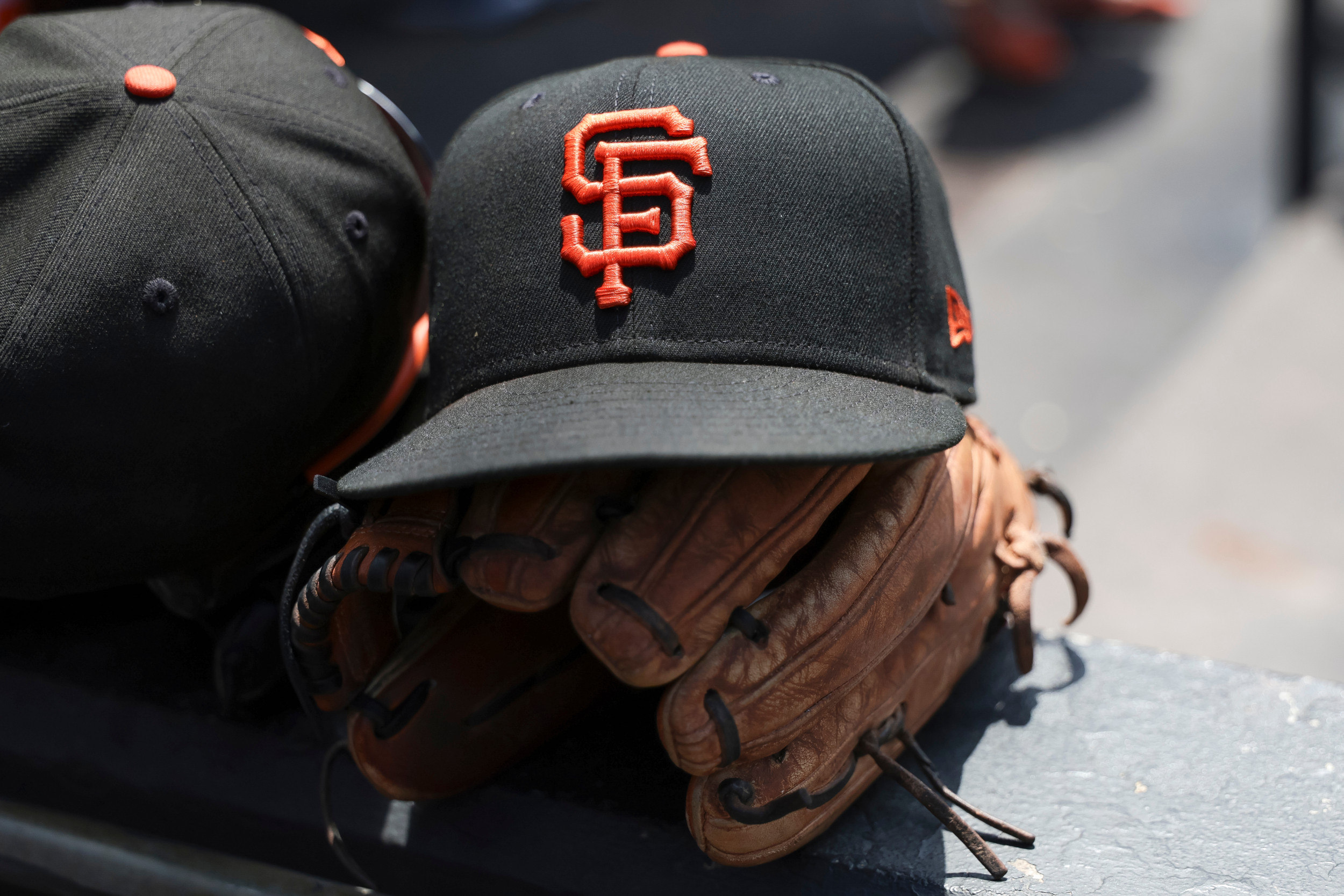After President-elect Donald Trump's inauguration, he may order the destruction of evidence in his two federal criminal cases, NBC justice correspondent Ken Dilanian said.
"There are a lot of questions really about all these cases, including the federal cases, which is, for example, what happens to the evidence?" Dilanian said on MSNBC on Thursday. "What if Donald Trump gets into office and orders all the evidence to be destroyed? Is there a chance that any of these cases could be resumed?"
Trump was indicted on four counts of working to overturn the results of the 2020 election in the run-up to the January 6, 2021, riot at the U.S. Capitol. He pleaded not guilty and has said that the chief prosecutor, Jack Smith, is part of a political witch hunt.
Trump was also facing 40 federal charges in Judge Aileen Cannon's court over his alleged mishandling of sensitive materials seized from his Mar-a-Lago estate in Palm Beach, Florida. He was also accused of obstructing efforts by federal authorities to retrieve them and has pleaded not guilty to all charges. The case was dismissed by Cannon, a Trump appointee, and prosecutors are appealing her decision.

Trump said on October 26 that, on his first day as president, he will fire Smith and end the cases.
Newsweek sought email comment on Friday from Trump's transition team and Smith's office.
New York University law professor Stephen Gillers told Newsweek on Friday that the U.S. Supreme Court's July 1 ruling on presidential immunity has given Trump broad protection from prosecution that may include an indictment for destruction of evidence.
"Various federal obstruction of justice statutes would make any such conduct a felony," Gillers said. "But the Supreme Court's immunity decision would very likely prevent prosecution of Trump for any instruction to destroy the evidence."
However, he said that anyone who carries out the destruction of evidence on Trump's behalf could face prosecution.
"Immunity under the court's decision does not extend to anyone who carries out a president's instruction," he said. "So they could be prosecuted for obstruction even if Trump could not.
"This assumes that the Supreme Court will not later extend immunity to subordinates of the president who implement his wishes."
Former federal prosecutor Neama Rahmani told Newsweek that the destruction of evidence would largely be irrelevant as Trump will kill both cases as soon as he takes office.
"I don't think destruction of evidence is a concern," he said. "The key evidence [in the election fraud case] has already all been seen by the January 6 committee or, in the classified documents case, the evidence has been filed in court, albeit under seal."
Rahmani, president of the West Coast Trial Lawyers law firm in California, said that Trump will end the election fraud case once he takes office and it cannot be revived.
"Once the election fraud case is dismissed, it can't be refiled after Trump leaves office because the statute of limitations will have run," he said. "The statute for most federal crimes is five years. Now that Trump has won, the prosecutions are over and the evidence doesn't matter."




















 English (US) ·
English (US) ·